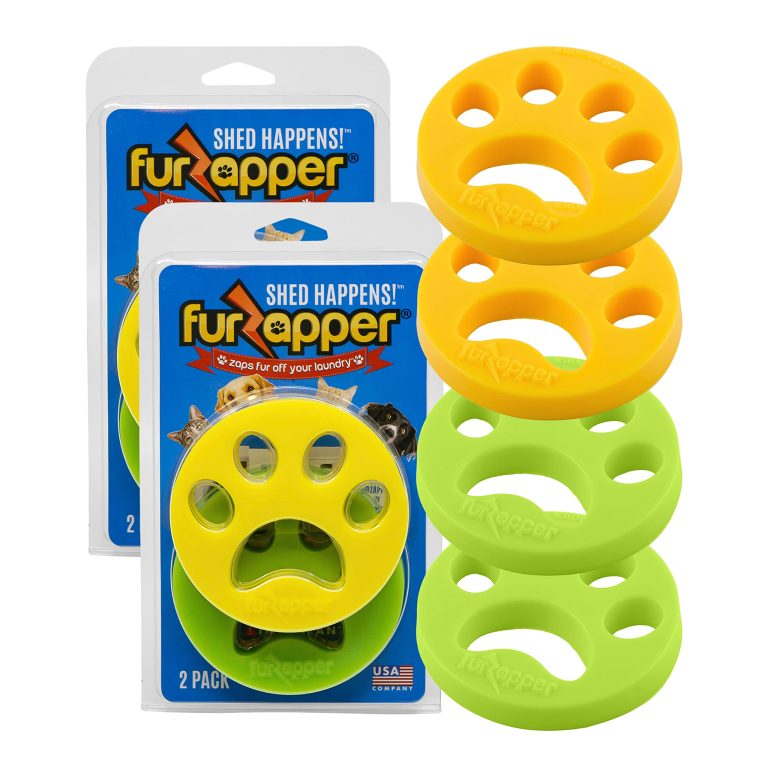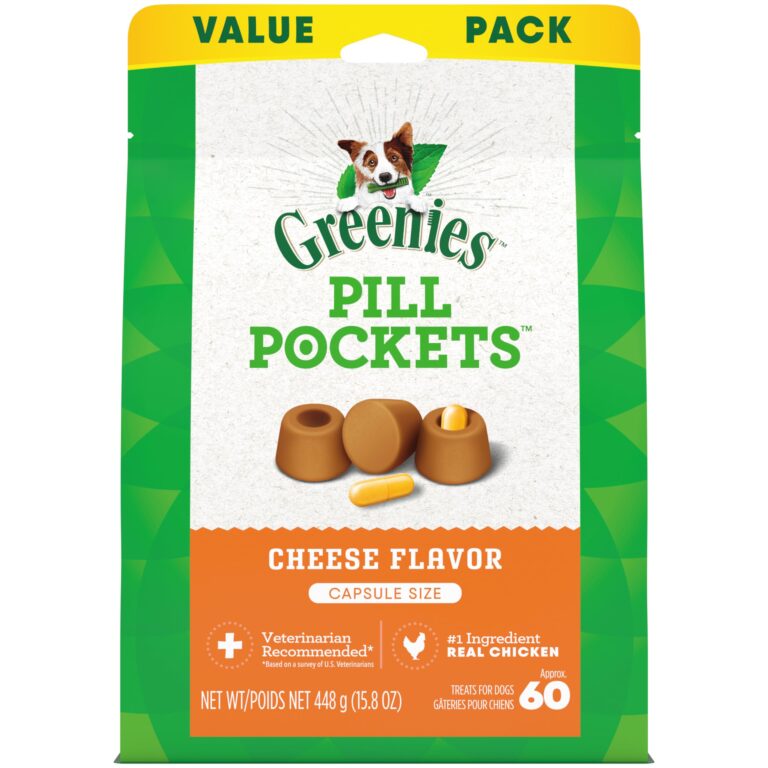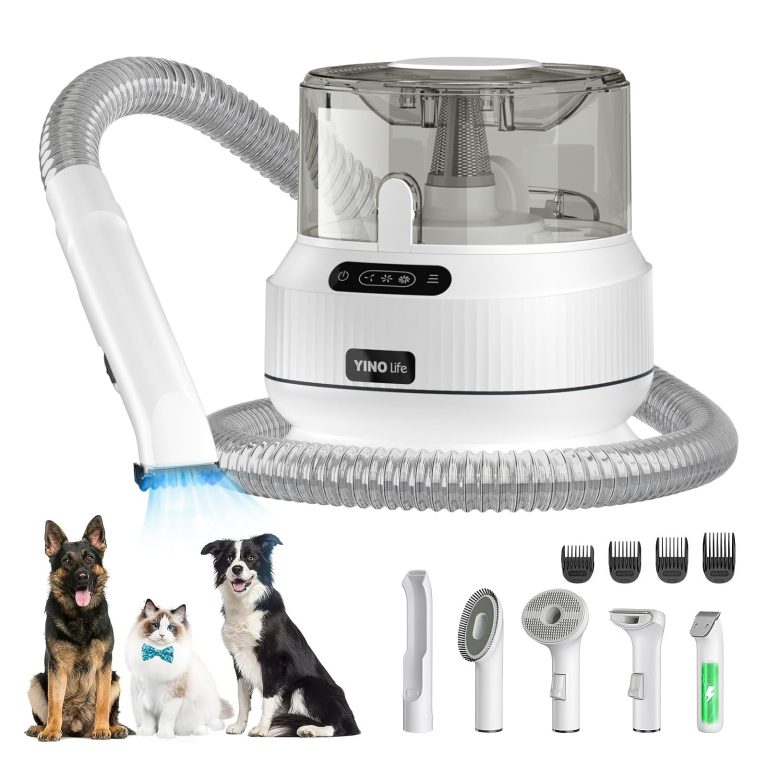Natural Remedies for Common Dog Health Issues

Herbal treatments for canine allergies
When your furry friend starts sneezing, itching, or showing other signs of allergies, it’s a call to action – and nature has some treasures that might just do the trick. Herbal treatments can offer some relief with fewer side effects than traditional medications. It is always crucial to consult with a veterinarian before starting any new treatment, but here are a few options that have been known to help with canine allergies.
Nettle Leaf is a natural antihistamine, which can help control the body’s response to allergens. You can brew up a nettle leaf tea and add it to your dog’s food or water, or look for capsules specifically designed for dogs.
Oat Baths can be incredibly soothing for dogs with itchy skin caused by allergies. Grind plain oatmeal into a powder and sprinkle it into a warm bath. Let your buddy soak, or gently apply the oatmeal directly to their skin for localized relief.
Another go-to herb is Quercetin, a bioflavonoid that acts as an antioxidant, anti-inflammatory, and antihistamine. It is found in many fruits and vegetables but can be administered in capsule form to give your dog a concentrated dose.
For those with a green thumb, Aloe Vera can be applied topically for skin allergies. The gel inside the aloe leaves can soothe the skin and relieve the itch. Just make sure only to use the inner gel and not the outer part of the leaf, which can cause irritation.
Ponder sprinkling some Turmeric in your dog’s meals. This potent spice contains curcumin, which possesses strong anti-inflammatory properties to help reduce allergy symptoms.
And let’s not forget about Chamomile, the gentle yet effective herb that can calm irritated skin and upsets stomachs. A chamomile tea rinse after a bath can provide soothing relief for areas of inflamed skin.
In exploring the herbal path for allergy relief, always start with small amounts to ensure your dog doesn’t have an adverse reaction. Monitor their progress and adjust as needed. Allergies can be a tough nut to crack, but with these gentle herbal warriors, you can offer your dog a bit of natural relief on the quest for a more comfortable, itch-free life.
Dietary supplements for joint health
As our canine companions age or engage in high-impact activities, their joints can often bear the brunt of wear and tear. Recognizing the first signs of joint discomfort in dogs, which might include limping, difficulty jumping, or decreased activity levels, is important for initiating appropriate care. A combination of regular exercise, weight management, and dietary supplements can contribute enormously to joint health, helping to maintain mobility and comfort.
One of the most popular supplements for supporting joint health in dogs is Glucosamine. Naturally occurring in the body, glucosamine is key in the formation of cartilage and synovial fluid. Providing an extra boost through supplementation can help enhance the repair of these vital joint components. Chondroitin is often paired with glucosamine; this compound works to retain water within the cartilage, ensuring adequate hydration and elasticity.
Furthermore, dogs may benefit from the anti-inflammatory properties of Omega-3 fatty acids. Derived from fish oil or flaxseed, these essential fatty acids can aid in reducing inflammation around the joints, bringing some relief for your four-legged friend. It’s like lubricating a creaky door hinge – a little oil can make a world of difference in how smoothly it moves.
For those who believe “green is good”, Green-lipped mussel supplements can be an excellent choice. Known for their joint-improving attributes, these mussels are a potent source of unique Omega-3 fatty acids, vitamins, minerals, and amino acids, all harmoniously working together towards improved joint function.
In an increasingly popular natural solution, Hyaluronic Acid is also often suggested. This substance very important for cartilage health and acts as a shock absorber in the joint; hence introducing more can be beneficial, especially in older dogs showing signs of stiffness.
Another handy helper is Methylsulfonylmethane (MSM). Beyond its mouthful of a name, MSM contains sulfur, which is essential in maintaining the structure of connective tissue. It is admired for its ability to reduce pain and inflammation in joints.
Here are a few helpful tips on supplement administration:
- Introduce supplements gradually and consult with your vet, ensuring they blend well with your dog’s existing diet and health status.
- Ponder your dog’s preferences – some may prefer chewable tablets, while others might better tolerate powders mixed into their food.
- Keep an eye on your dog’s reaction to new supplements; what helps one dog might not work for another, and some might experience stomach upset.
While supplements can indeed offer a beacon of relief, they’re most effective when part of an overall health plan that includes other joint-friendly practices. Gentle exercise, such as swimming or short walks, can help keep joints moving and muscles strong without adding undue stress. Coupling these physical activities with a well-balanced diet and the correct supplements can lead your dog to a more comfortable and happier life.
Just remember, when it comes to the health of man’s best friend, consistency is key. Daily maintenance is preferable to seeking a cure after a problem has developed. And of course, nothing replaces the attentive eye and regular consultations of a good vet, who can tailor joint health strategies specifically for your dog’s needs.

Homeopathic solutions for digestive problems
Digestive issues in dogs can be quite common and range from minor upsets to more serious chronic conditions. A upset stomach might manifest as vomiting, diarrhea, or constipation, which not only causes discomfort for your dog but worry for you too. Fortunately, there are homeopathic solutions that can help to ease their digestive troubles and support a healthy gut.
One gentle yet effective remedy is Ginger. Known for its anti-nausea effects in humans, it can also be used to help dogs with motion sickness or tummy troubles. Ginger can soothe the stomach and alleviate gas. It’s best given in small doses—too much can actually cause stomach upset. You can offer your dog a little ginger tea or even a small piece of fresh ginger to chew on.
Another remedy gaining popularity among pet owners is Slippery Elm. The inner bark of the slippery elm tree contains properties that can help soothe the lining of the stomach and intestines, providing relief from gastro-intestinal irritation. A small amount of slippery elm powder can be mixed into your dog’s food. It’s particularly useful for dogs recovering from gastrointestinal ailments such as gastritis or colitis.
For dogs that are prone to indigestion or flatulence, Papaya can be a tropical treat that serves a medicinal purpose. Papaya contains an enzyme called papain, which aids in the digestion of proteins and can help break down food more efficiently.
If your dog is feeling constipated, Pumpkin is a homeopathic staple to keep in your pantry. The fiber in pumpkin can help add bulk and softness to your dog’s stool, making it easier to pass. Just make sure to use pure pumpkin puree and not the spiced pie filling!
When introducing any new homeopathic remedy, it’s essential to start with a small amount to see how your dog reacts. Gradually increasing the dose, if needed, will help avoid causing additional stomach issues. Additionally, be observant for any signs of allergic reactions or sensitivities.
Probiotics are another homeopathic approach that can be beneficial for your dog’s digestive system. These beneficial bacteria help maintain a healthy balance in the gut flora, promoting better digestion and immune function. They are especially helpful after your dog has been on antibiotics, as these drugs can disrupt the natural balance of gut bacteria.
Finally, it’s important to consider that digestive problems can sometimes be symptoms of more serious conditions. If your dog is experiencing persistent digestive issues, it’s always wise to consult with a veterinarian to rule out any underlying health problems.
Remember, the goal is to support your dog’s health holistically and gently. Whether it’s choosing the right homeopathic remedy or ensuring they receive balanced nutrition, your watchful care can help your canine companion’s digestive system run smoothly.
Aromatherapy and calming techniques for anxiety
For dogs that are constantly on edge or those who get stressed during thunderstorms or fireworks, finding a calming solution that doesn’t involve medication is often a top priority for pet owners. Aromatherapy, using essential oils, is a subtle and natural way to help alleviate your dog’s anxiety. Certain scents, such as lavender, chamomile, and valerian, are known for their soothing effects and when used correctly, can provide a sense of calm and well-being for your stressed pooch.
Before you begin, remember that dogs have an incredibly sensitive sense of smell, so the key with essential oils is low concentration. You can diffuse the oils in a well-ventilated room, far from your dog’s bedding area, allowing them to experience the scent without overwhelming them. Alternatively, you can apply a diluted form of the oil to your fingertips and gently massage it into your dog’s outer ears or spine. However, direct application should be done with caution and awareness, as some oils can irritate the skin or be toxic if digested.
Here’s how you can use some common essential oils to calm your dog:
- Known for its relaxing effects on humans, it is equally calming for dogs. A little lavender oil can be diffused in the room or placed on a cotton ball near where your dog sleeps.
- Another soothing scent, chamomile can help ease anxiety and relax muscles. Diffuse chamomile oil in your home, or create a spray by diluting it with water and spritzing it around your dog’s resting area.
- This root has sedative properties and can be beneficial in high-stress situations. While valerian’s scent is not as pleasant as other oils, used sparingly, it can be very effective.
It is also worth considering calming techniques in conjunction with aromatherapy. For example, classical music or white noise can have a remarkably calming effect on dogs. Playing it in the background during stressful times can provide a welcome distraction and reduce anxiety.
Physical contact is another powerful tool to help soothe a nervous dog. Gentle petting or a soft massage can release endorphins in your dog’s system, promoting a sense of peace and contentment. Additionally, practicing TTouch, a method of circular touches, can help alleviate tension and build confidence in anxious dogs.
Mental stimulation is just as important as physical exercise in maintaining your dog’s health and reducing anxiety. Training sessions, puzzle toys, and scent games can help focus a dog’s attention and provide an outlet for built-up energy.
Consistency and routine can also go a long way in preventing anxiety. Dogs feel safer and more secure when they have a predictable daily routine and know what to expect from their environment.
Preventive care is vital. Regular vet check-ups can identify health issues that may cause discomfort or anxiety, so they can be addressed before they escalate into bigger problems.
While aromatherapy and calming techniques can provide great support for an anxious dog, they’re not a one-size-fits-all solution. What relaxes one dog may not work for another, so it is essential to observe your dog’s reactions and adjust your strategies accordingly. When in doubt or if dealing with severe anxiety, it is always best to consult with a veterinarian or a professional dog behaviorist.







